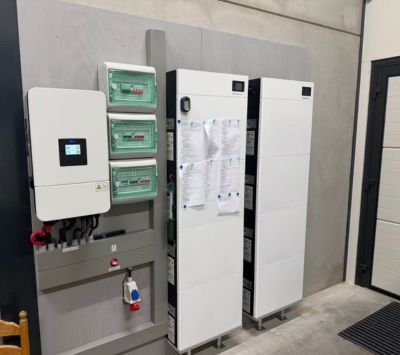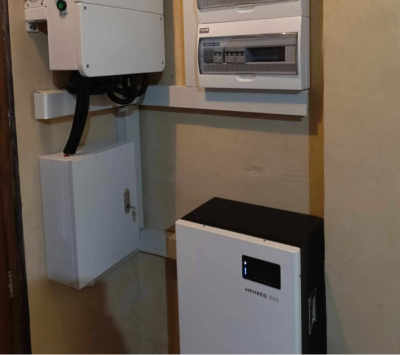LiFePO4 and Ternary Battery Introduction
The choice between Lifepo4 and lithium batteries is not just about device performance, but a smart approach to energy management. This article delves into the differences between these battery types, guiding users to make informed choices based on their specific needs.
Overview of Lifepo4 Batteries
Lifepo4 (Lithium Iron Phosphate) batteries, known for their excellent safety, long life, and eco-friendliness, are increasingly popular. They are widely used in home solar energy storage systems and electric vehicles. Their stable chemical structure ensures safe usage under extreme conditions.
Overview of Ternary Lithium Batteries
Lithium batteries, particularly lithium-ion types, are prevalent in portable devices like smartphones and laptops, thanks to their high energy density and lightweight characteristics. They offer rapid charging and discharging but fall short in safety and longevity compared to Lifepo4 batteries.
Performance Comparison: Lifepo4 vs Ternary Lithium Batteries
For scenarios requiring large capacity and longevity, like solar energy storage systems, Lifepo4 batteries are ideal. They offer more charge cycles and are less prone to overheating. On the other hand, lithium batteries excel in portable devices but need more frequent replacements.
Cost-Benefit Analysis Initially, Lifepo4 batteries are more expensive than lithium batteries. However, their longer lifespan and lower maintenance needs might translate to better value in the long run.
Environmental Impact and Sustainability
Lifepo4 batteries have an advantage in terms of environmental friendliness. They are free of harmful substances and easier to recycle. While ternary lithium batteries perform well, their recycling process is more complex and has a greater environmental impact.
Case Studies
For instance, a solar-powered home might opt for a Lifepo4 battery storage system to enhance energy efficiency and safety. Conversely, for lightweight portable power sources, Ternary lithium batteries are more suitable.
Future Trends and Developments
As technology evolves, both battery types are progressing towards greater efficiency and environmental friendliness. The future might witness a blend of these technologies or entirely new battery innovations.
Conclusion and Recommendations
Lifepo4 and ternary lithium batteries each have their pros and cons. The choice should be based on the specific application and needs, considering the type of device, usage frequency, budget, and environmental concerns.







